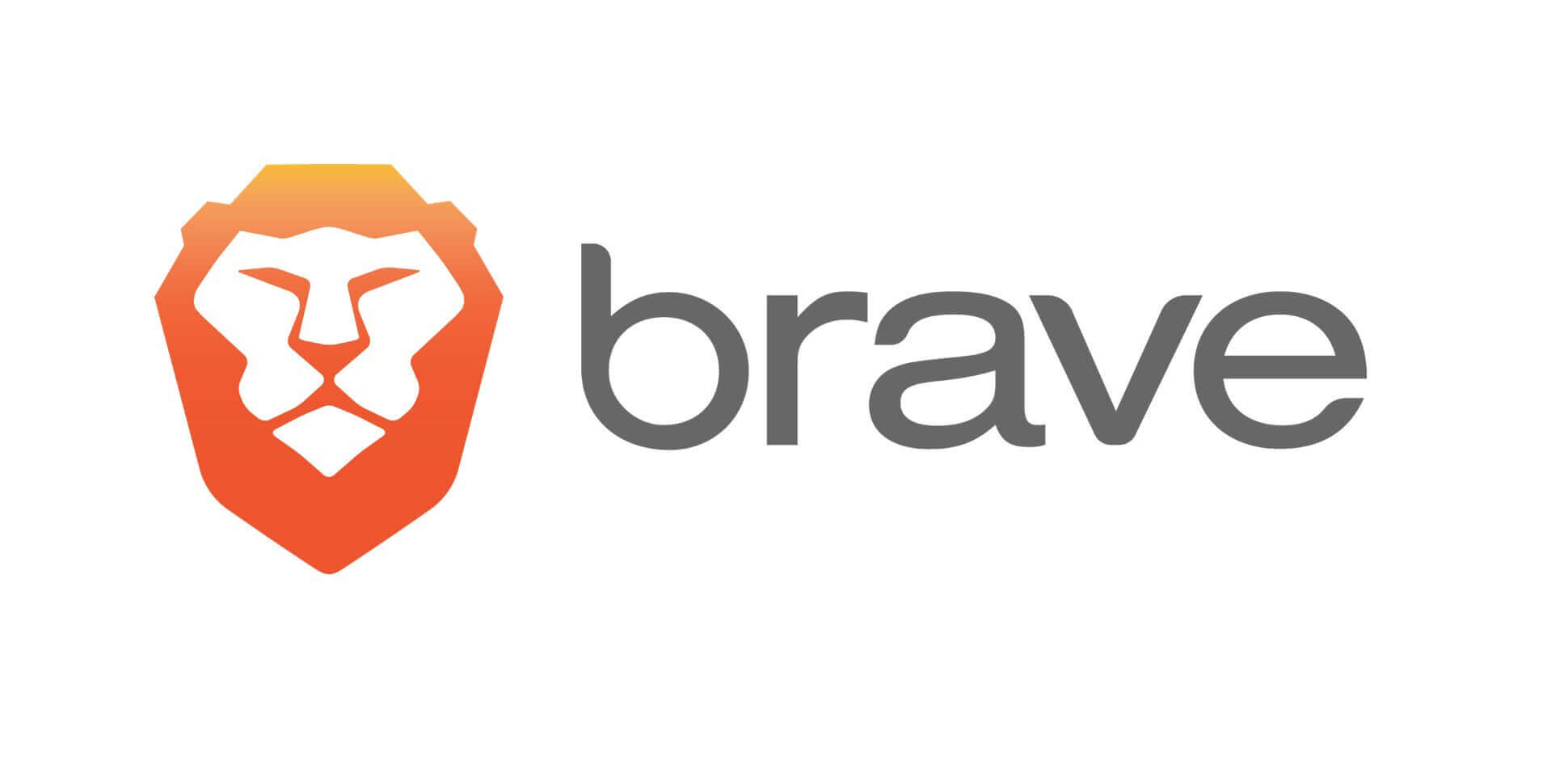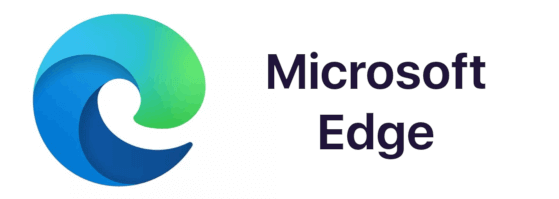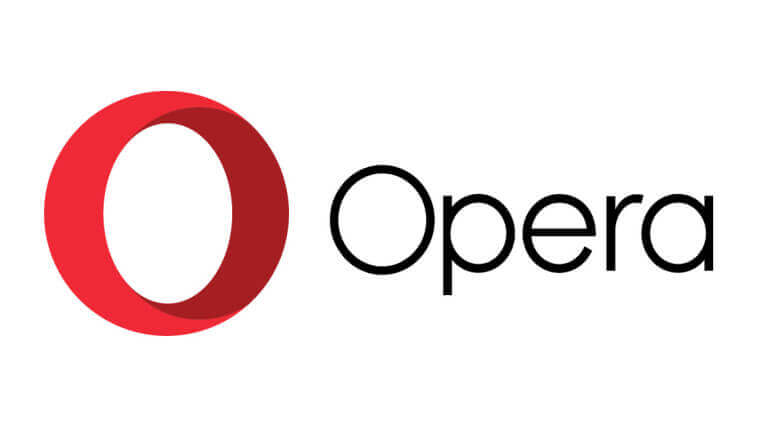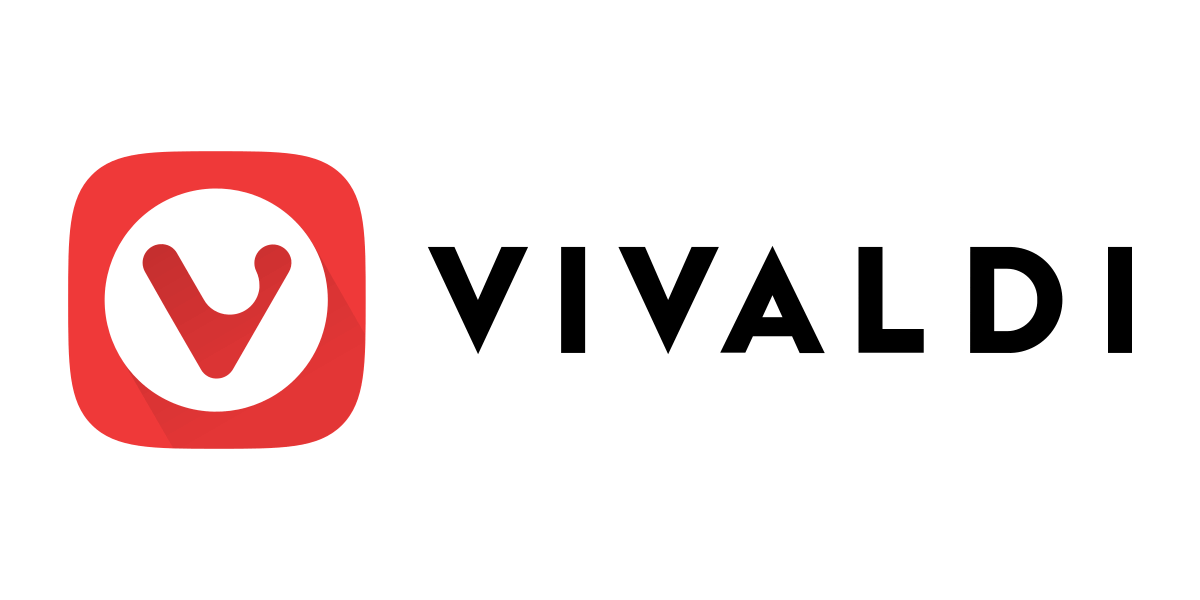Table of Contents
Are you happy with your Internet service?

About the author
Rosslyn Elliott
Watch our provider review videos
Video ReviewsWhich speed do I need?
Tell us what you use Internet for
How many users?
The Best Internet Browsers in 2024
Many of us spend so many hours browsing the internet that we can sometimes go on autopilot about the browsing tools we’re using.
If you’re used to browsing with one browser, whether it’s Google or Edge or Firefox, your experience with that browser feels comfortable. You like your buttons all showing up where you expect them. It’s easy to just open up the same browser again and again without thinking about whether there’s a better option.
Artificial intelligence (AI) has changed the game even more. As all internet browsers begin to add AI features to their search engines, the experience of browsing is changing in big ways. That same-ole, same-ole user interface you’ve been relying on for years is going through some earthquakes in design and function.
Now more than ever, the design of your internet browser will have a huge effect on what your search produces for you. In addition, the best internet browsers vary in features such as security, parental controls, speed and agility. This guide will take you through the top internet browsers on the market and explain their pros and cons.
What Do You Want From Your Browser?
What features do you want in your ideal internet browser? If securing your personal information online is at the top of your list, then you’ll want a secure web browser that can prevent hacking and third-party tracking. If you have kids using the internet, then you’ll want to pay attention to parental control features that can allow you to block certain sites or set up password control. What about performance? Some web browsers are faster than others depending on how much they demand from your computer’s random access memory (RAM).

What Is an Internet Browser, Anyway?
A web browser is a software program that allows you to access, visit, and view websites through your computer. Essentially, it makes it easier for you to browse on the web. Developers called the first web browser the WorldWideWeb, but web browsers today go by different names, including web browser, internet browser, or simply “browser.” In technical terms, a web browser’s job is to translate code that computers create in order to build websites by displaying text, pictures, graphics, and other features.
How Internet Browsers Work
Here’s a quick overview of how web browsers process information.
- You type in a website’s URL into your browser’s address bar. For example “http://www.example.com”
- Once you type in the website’s URL, the web browser will request that page’s information on the server.
- The web browser will receive a file in a code like HTML or Javascript with instructions on how to display your results.
- The web browser will display the website and allow you to interact with it. Depending on the type of internet connection you have, this process usually takes a few seconds.
Often, if you find that a website doesn’t open in one browser, it may perform better in a different browser depending on how each browser processes information and interacts with your RAM. It’s always a good idea to download a few browsers. That way, you will have options in case you’re having trouble loading a certain website.

Why Does Your Browser Matter?
As an internet user, you’re looking for practicality—what’s the easiest way to get what you want, when you want it? Sometimes, it seems easiest to stick to whatever browser comes pre-loaded on your device and settle for whatever it offers. But some browsers are always going to be better with certain types of task than others.
- Your web browser directly affects your online experience. Always make sure you have the most updated version of your browser. While the best browsers can provide you with loads of helpful features, the only way you can maximize them is by installing the newest version. When you don’t do this, you’re likely to experience browser freezing or crashing, long page load times, and a higher risk of viruses, spyware, and malware.
- The wrong web browser can put your personal information at risk. Brave, Mozilla Firefox, and DuckDuckGo are often noted for their higher levels of security and privacy.
- Websites may perform better for a certain browser. Some websites work much better when loaded on one browser than another. For example, just recently, the social platform Meetup was performing much better in Firefox than in Chrome. On Chrome, many of the functions were not responding and users were finding themselves automatically logged out after a couple of minutes. On Firefox, performance was smooth. These problems with Chrome may since have been resolved, but don’t hesitate to keep at least two working browsers ready to use.
Browser Comparison
It’s time to take a closer look at the top web browsers on the market and what each one can offer to enhance your online experience.
The Best Overall Browser
 Google Chrome (4.5 out of 5 stars)
Google Chrome (4.5 out of 5 stars)
Google Chrome takes the top spot among the best web browsers in 2023. Google Chrome has thousands of helpful, customizable extensions and offers you a user-friendly experience. Since ChatGPT burst onto the market in November 2022, Google has also been adding many AI-enhanced features to their products. For example, the popular Google Workspace is itself a huge reason to use Google, given that it provides cloud storage for documents, spreadsheets, forms, presentations, and so much more. Now, you will also be able to use generative AI to create text and images in Google Workspace.
Google Bard is the new Google competitor to match up against Chat GPT. And Google Project Tailwind is a research notebook that allows users to compile their own AI model by selecting files from Google Drive and using sources of their choice, with more privacy than ChatGPT.
Pros:
- Security Against Malware: Google Chrome is one of the more secure browsers because it blocks dangerous and malicious sites, identifies and deletes malware, and alerts users when they’re not on a secure website.
- Syncs Across Devices: Because Google supports Chrome, all of your devices can synchronize all your Google services and account features, including browsing history, bookmarks, and anything else. Chrome works well across all your devices, whether you use iOS or Android.
- High-Speed Browser: Chrome is one of the fastest browsers on the market. Its sleek design allows it to translate code quickly and display websites in the blink of an eye. In fact, the most recent version of Google Chrome is 23 percent faster than previous versions, thanks to Javascript execution.
Cons:
- Privacy Concerns with Google Tracking: While one of Chrome’s most attractive features is the ability to sync information across all devices, syncing information does hand over control of your data to Google.
- Customization Limitations: unlike other browsers, Google limits certain customization features that are attractive to users. For example, when you close a window that has multiple tabs open, Chrome doesn’t warn you before you close your web pages. This has been a real problem for users and often prompts them to look for other browsers.
- High Memory Usage: Compared to other browsers, Google Chrome puts the most strain on your RAM because of the way it sandboxes the browser processes. If you open up the browser and have an empty tab open, Chrome actually has two tabs open, each needing its own memory. When you have multiple web pages open, your browser spends all its resources and uses up the RAM. Tied-up RAM can slow down the loading of pages and even freeze the computer.
The Best Web Browser for User-Friendly Security

Mozilla Firefox (4 out of 5 stars)
Mozilla Firefox’s popularity comes from being one of the safest browsers available right now. Mozilla is a strong advocate for user safety and privacy. Much like Google Chrome, Firefox offers users a variety of add-ons and extensions that enhance the browsing experience. Some of its most notable features include alerts to let you know when your email address has been in a data breach, blocking notification pop-ups, and blocking “fingerprinting” browser tracking.
Because Firefox has been around longer than Chrome, some older apps that you might use for academic settings function better in Mozilla Firefox. It doesn’t hurt to have the browser downloaded into your devices. Firefox has now joined in the rush to add AI functionality with an extension that adds Perplexity AI’s search engine to Firefox.
Pros:
- Extensions and Themes: Mozilla Firefox is one of the best web browsers to customize. You can alter the appearance of your home page and make it fit your needs. It has over 6,000 extensions that can provide you with an array of perks, like providing access to your Facebook wall from the Firefox toolbar or keeping tabs on your Gmail and alerting you of breaking news.
- Security: With the introduction of many features that protect you from phishing scams, viruses, and other common online threats, Firefox has stayed on top of its security since 2011. This browser comes with a powerful built-in ad blocker and strong authentication codes that will prevent hackers from accessing your personal information online.
- Fast and Efficient: Aside from enhanced security, Firefox is also a popular web browser because of its speed. Based on performance tests, this browser comes in just behind Google Chrome.
Cons:
- Compatibility: Firefox is not compatible with all systems which can limit its use and functions when websites use ActiveX controls. These types of websites use ActiveX controls to enable deeper Windows integration. However, Firefox cannot process these types of controls, which can prevent it from proper interaction. You can enable ActiveX within Firefox with a little research.
- High Usage of Hardware and Resources: Like Google Chrome, Firefox also has a tendency to use a lot of RAM, even when you only have a few tabs open. However, the main reason for its high usage of resources comes from all the extensions. While they improve and enhance security features, the extension code is not always efficient.
- Concerns About Longevity: While Chrome was dominating the market before 2023, there were concerns about how long Mozilla Firefox would be around with continued support. But now that the browser/search engine wars have broken out again in earnest, anyone could win. So while Firefox certainly is not the frontrunner, concerns about its longevity are not as serious now.
The Best Web Browser for Windows
Microsoft Edge (4 out 5 stars)
Microsoft Edge is one of the best web browsers for Windows users. While Chrome and Edge were both created on the same open-source Chromium Codebase Project, Microsoft Edge has better integration of security systems that make it stand out against other browsers. Edge is the default browser on Windows 11 and is very supportive of third-party extensions.
In addition, Microsoft has resurrected its search engine Bing, which has soared back into public discussion. Bing now uses OpenAI power to answer all sorts of questions from users in a huge variety of formats, much like ChatGPT. Bing Image Creator even generates AI images. All this AI usage is not without its controversy, as many people feel that AI images and AI-created documents are theft of intellectual property. But if you are seeking AI ability, Bing may be the leading AI-powered search engine.
Pros:
- User-Friendly Setup: Although Edge is the default browser on Windows computers, anyone can download and install the browser on their device. The Edge browser allows you to import your passwords and logins from any other browser and easily access all your favorite sites. The only thing to keep in mind is that in order to successfully sync everything, you will need a Microsoft account.
- Reading List Mode: Edge lets you sync all your activity and makes it easier for you to read content online. All you have to do is add content that you want to read to your Favorites on the toolbar. From there, instead of bookmarking, you can add it directly to your reading list and access it from any device. The best part about this feature is that you can read without distractions, as the Reading List Mode will clear all unwanted clutter from the page for a smooth reading experience.
- Page Markup and Annotations: The Edge browser gives you full access to annotations on the page by simply clicking on the pen and paper icon. If you often make notes and highlight or annotate text, this will be a very helpful feature. Page mark-up is handy for students or those who want to share professional content with others.
Cons:
- Not Supported with Older Hardware: think of Microsoft Edge replaced Internet Explorer. It’s a new browser that was specifically made to target newer software and devices. While it eats up RAM like other popular browsers, you have the option to control how much RAM it uses with the Optimize Performance setting.
- Limited Extension Availability: Google Chrome and Firefox thrive on all the extensions they offer to users, but you won’t find as many extensions with Edge. This may be a drawback for people who depend on the various plug-ins and extensions other browsers can add.
- Changing Search Engine: The preferred search engine for Edge is Bing. If you want to use a different search engine, you will need to change it in the Edge settings.
Even if you change the settings, don’t be surprised if your search results suddenly come from Bing, even when you start your research in Google. One workaround is to change the default startup page on your browser to your preferred search engine. It’s the best way to be sure you’ll be searching content through the engine of your choice.
The Best Browser for Apple Devices
Apple Safari (3.8 out of 5 stars)
If you’re a Mac user, then you’re very familiar with Safari. Apple Safari ranks second in popularity just behind Google Chrome. Of course, most of its popularity is because it’s the default browser for all MacOS devices, which makes it one of the best web browsers in the world based on the number of global users that prefer Apple products. However, despite its top ranks in popularity, Apple Safari is only compatible with macOS devices, which limits usage in other operating systems.
Safari is compatible with four search engines: Google, Bing, DuckDuckGo and Yahoo. So if you’re using Safari, you will have access to AI search engines like Bing AI, if you want them.
Pros:
- Decent Speed and Level Performance: Safari is not the fastest browser out there, but it’s not the slowest either. And because of the software-hardware installation, you don’t have to worry about Safari using up too much RAM while you’re using it. That’s because since Safari only runs on macOS products, Safari and other applications were specifically developed by Apple to run efficiently on their operating system and hardware.
- Handoff Feature for Easy Browsing: Handoff makes it much easier for you to browse on one device and continue right where you left off on a different device. The Handoff feature ensures an uninterrupted browsing experience.
- Clean and User-Friendly Design: Safari gains fans because it looks so simple and easy-to-use. Safari was one of the first browsers to adopt a straightforward user interface to minimize clutter around the home page. You won’t find any unnecessary buttons or menus at the top of the window.
Cons:
- Not Compatible with Other Operating Systems: The biggest drawback with Safari is its lack of versatility for installation in non-Apple products. For a few years, between 2007 and 2012, Safari was available for Windows, but the cross-platform usability was discontinued to pursue the development of other projects.
- Lower Security: While Safari comes with built-in fingerprint protection to prevent web trackers from identifying you too easily, it lacks some other security measures that could help promote secure web browsing. Updates are infrequent and Safari doesn’t automatically let you know when you’re accessing an unsecured website, like other browsers.
- Little Customization: Unlike other browsers on this list, Safari offers very little in terms of customization. There is limited availability of browser extensions, and Safari gives you minimal control over how the page looks and feels. Basically, Safari will always look the same, no matter how hard you want to change it and make it your own.
The Best Browser With Built-in VPN
Opera (3 out of 5 stars)
Opera is the oldest browser that remains in use today. Created in 1994, Opera has grown in strength through the years thanks to its creators switching to the open-source Chromium codebase. While the Opera browser doesn’t have all the features some of the more popular browsers have, it still stays relevant by having strong community support and continuously enhanced security. Most notable, Opera has a built-in VPN that hides your IP address from bad actors online. It also uses a built-in ad-blocker, which not only keeps you safer but lowers your data consumption. Opera allows you to choose your search engine from six default options including Google and Bing.
Pros:
- Fast and Responsive: Opera is a simple browser created to help you streamline tasks quickly without delays. Though Opera runs on Chromium just like Chrome and Microsoft Edge, it doesn’t come with the automatic installation of toolbars and widgets that have the potential of slowing it down. For users that are experiencing slow internet, Opera offers Turbo Mode to help you access websites much faster by compressing pages and reducing page upload time.
- Integrated Phishing Protection: Opera was one of the first browsers to integrate protection against phishing scams. It also offers integrated RSS feeds and integrated email clients. This kind of protection can help keep you safe while you’re online, especially when your responsibilities require you to work from a computer for long periods of time.
- Small Download and Memory File: Unlike some of the other popular browsers that are notorious for taking up a lot of resources when you’re online, Opera will not consume excessive RAM when you have a few tabs open. Even if you’re experiencing a slow internet connection, Opera will adapt, download quickly, and keep your computer running at decent speeds.
Cons:
- Extensions Built Into Opera Are Difficult to Find: Opera comes with some extensions for users, but the way they’re set up doesn’t make it easy for you to find them. Opera is a browser that works best for people that know their way around the hardware and are not intimidated by software applications.
- Requires Strict Adherence to Coding: Opera doesn’t always work well with websites that were built with sloppy coding. If the CSS / HTML language on a website is poor, Opera may not load it well.
- Opera Is Not Seen as High Priority: Although Opera has a passionate community supporting it, only two percent of the population actually uses this browser. Most people will choose to go with a more popular, versatile browser that can provide them with limitless extensions and tab functionality—and Opera doesn’t do that. Opera is not a chief priority for web developers, which means that some sites block Opera entirely.
The Best Browser for Adless Browsing Experience
Brave (3 out of 5 stars)

The Brave browser is frequently praised for its approach toward better online security and safety. Brave downloads pages quickly and blocks ads. In fact, Brave started a trial of ads that will reward you with micropayments for viewing them. Brave developers are firm believers in revolutionizing the way they keep sites running; they at one point tried to use cryptocurrency rewards for users who watched ads. That idea sounded a lot better in 2021 than it does now, when cryptocurrency is shaky. If you don’t want any cryptocurrency on Brave, you can remove it. And you can also add any search engine you like to Brave, so you will have the new AI search options if you wish.
Pros:
- Built-In Ad Blocking: Most browsers offer extensions for you to block unwanted ads. Because Brave is committed to protecting users from exposure to ads, this is a core feature that is built into the browser. Since their plan to get rid of ads forever is not fully developed yet, this is a great option for users to have.
- Less Tracking and Better Privacy: The Brave browser uses HTTP secure connections whenever it can so that you’re not accidentally exposed to any online threats, tracking, or hacking. Brave is also considered to be one of the best web browsers for private browsing because it doesn’t collect or sell your personal data. Brave is set up to automatically block ad trackers.
- Browsing Speed and Performance: Just like Chrome and Edge, Brave also runs on Chromium. However, what sets this browser apart is the fact that it’s able to block ads and tracking efficiently, which makes it run smoothly and without disruptions. Basically, Brave loads the necessary information to the website, without all the unnecessary extra material.
Cons:
- Infrequent Updates: Brave only updates every three weeks or so, which could leave it more vulnerable to cybercriminals.
- Browsing with Tor: Tor is an anonymous browser, but Brave’s version of a “Tor window" is not as anonymous as the actual Tor browsing site. Users should be aware that they may not remain anonymous if they are using Brave’s Tor.
- No Ad Income for Publishers and Content Creators: Brave does not take into consideration the fact that many web publishers earn their living from ads. Stripping ads completely may undermine the profitability and sustainability of small publishers and content creators.
The Best Browser for the Technologically Savvy
Vivaldi (3 out of 5 stars)
- Inclusion of Privacy Features and Security Tools: One thing all browsers have in common is their concern for users’ privacy. Vivaldi has a built-in ad blocker and tracker, which features three modes: 1) no blocking, 2) blocking of web trackers, and 3) blocking of both web trackers and online ads.
- Productivity Tools and Features: Vivaldi users enjoy an array of tools that users can activate within the application. You can expect to find tools like a customizable calendar for task management, a news feed reader, and a built-in translator.
- Highly Customizable User Interface: Vivaldi allows you to customize the way the search engine looks by letting you change anything from the background color and positioning of the address bar to mouse gestures and keyboard shortcuts.
Cons:
- Not the Fastest Chromium Browser: Vivaldi’s speed performance remains average when pitted against mainstream browsers. This is not one of the best web browsers if you’re looking for speed.
- Consumes Too Much RAM: All the things that make Vivaldi stand out, such as privacy features and customizations, can also make the browser use too many resources, which slows down its performance.
- Not User-Friendly Enough for Most Browser Users: Vivaldi is a browser geared towards users who are not intimidated by customization features and who are technologically inclined. For some users, the options might be overwhelming.
Pick Your Browser and Customize it Your Way
Clearly, there’s a browser out there for everyone. It doesn’t matter if you’re a Mac user or an Android user. Choose your browser for the features that are most important to you, like ad blockers, customization options, and security features that will make you feel safe online.
FAQs: Best Internet Browsers in 2023
How does browser rendering work?
Browser rendering works by loading a page and reading the HTML code. The browser then takes the code and constructs a Document Object Model (DOM) tree, in which each node is an object representing a part of the document. In simple terms, browser rendering is the process in which website code is turned into the interactive website that you see in front of you.
Can browsers access local files?
Yes, but only with your permission.
How does a browser cache work?
A browser caches work by storing the downloaded resources of various websites that you have visited and keeping them in the local drive. These include HTML files, images, and JavaScript files.
Can browser history be recovered?
Yes, if you have accidentally deleted your browser history, you can recover it. Each browser has different settings to recover deleted data.
How do I install a new web browser?
First, locate the download link for the browser you want to download to your device. Once you find it, click on the “Download” button and start the installation. Follow the prompts on the screen.
Can I have more than one web browser on my computer?
Yes, you can have as many browsers as you’d like. All browsers run independently of each other or any other programs, so you can have multiple browsers open without a problem.
Why is it important to keep your browser up to date?
Updates are important for browsers because they enhance security features. It’s key to always download the latest version of the browser you’re using so you will be protected against malware, phishing, viruses, and spyware.
Explore Our Most Recent Blogss

About the author



